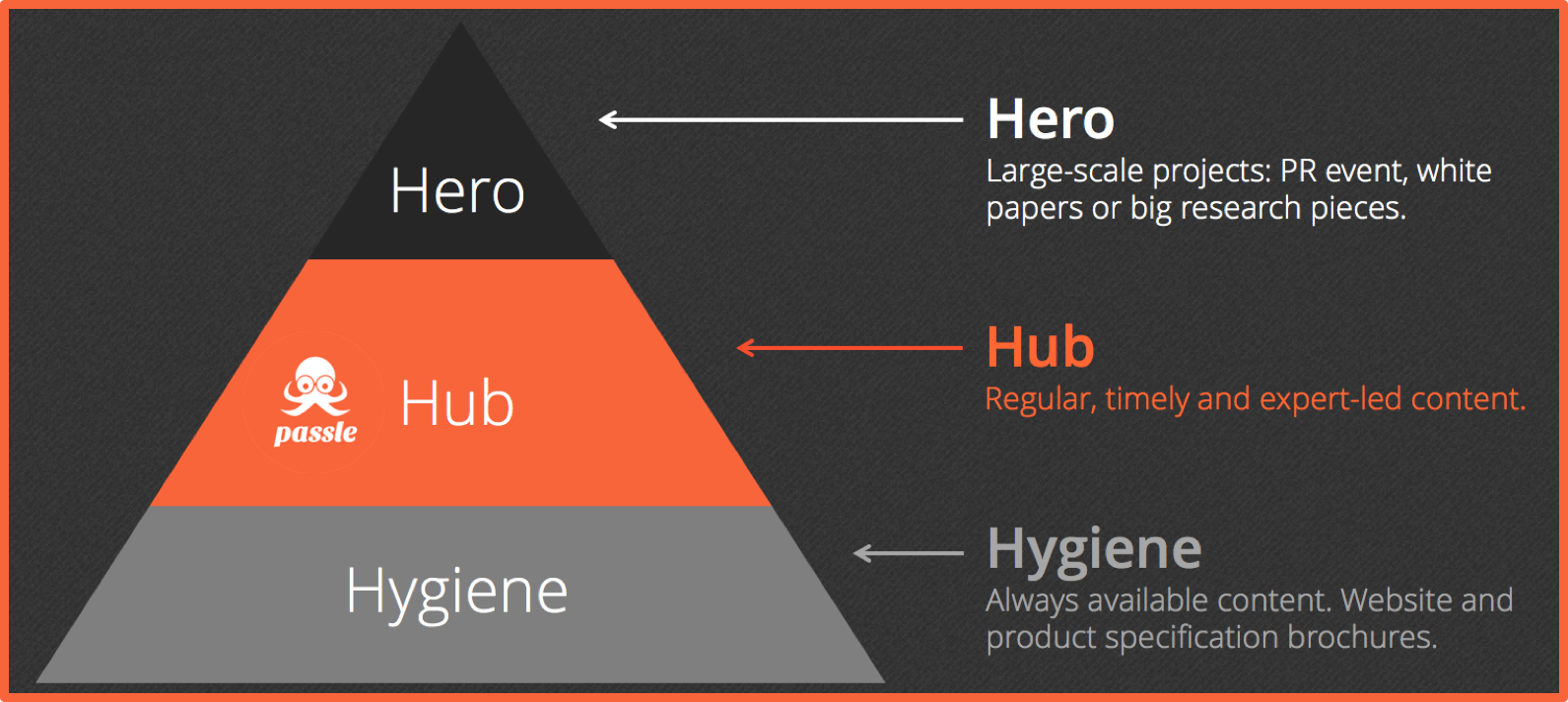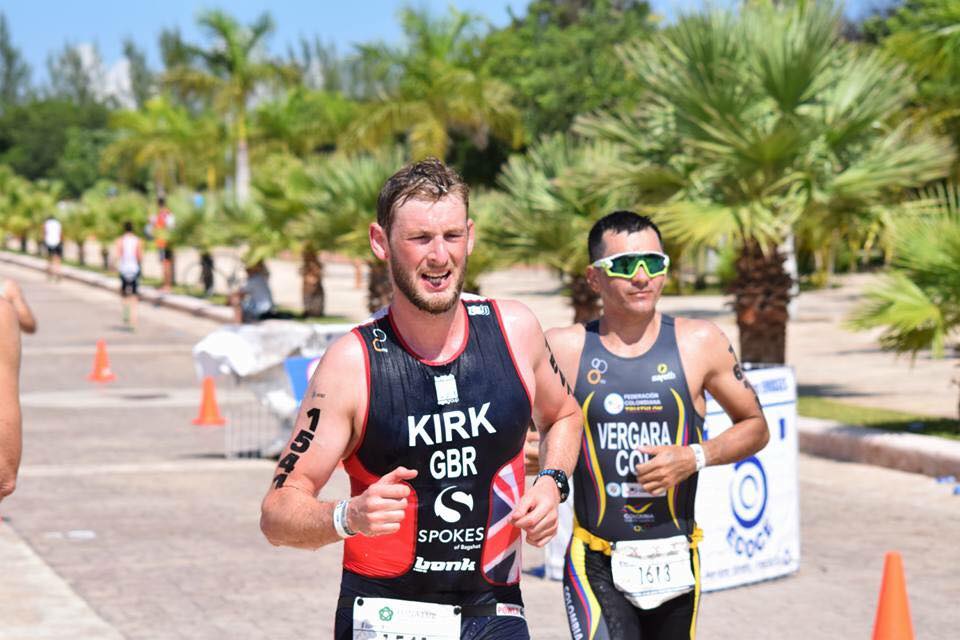At Passle we often talk with our clients about the "Hero, Hub, Hygiene Content Pyramid" - a concept originally used by Google and YouTube but more recently it has been used to frame content strategies at B2B organisations.
We usually talk about the "Hub" (the regular, timely, expert-led content) here at Passle because that's what we work with our clients on. We talk less about the "Hero" content (The big event, the white paper, the 50 page research report) but today that's exactly what I'm going to talk about.

As a former triathlete (and back trying again!) it was fantastic to see some familiar faces at the European Championships last weekend in Glasgow. Most impressively is India Lee who I remember racing amateur races with and is now professional on the way to Tokyo 2020 (she has only been in the sport for 5 years!).

I found the interview below with Marc Austin, British Triathlete, on his Twitter feed. It was interesting to understand more about the ever growing impact technology is having on sport. India's tweet on the righthand side goes into detail about wearables too.
I also saw that Atos provided the Timing, Scoring and Results for four sports; Cycling, Golf, Gymnastics and Triathlon. In addition Atos provided the TV graphics highlights package for all sports, providing a seamless viewing experience for a potential TV audience of over one billion across Europe. A very nice example of Hero content indeed!
Hero content works well (just walk into Heathrow Terminal 5!) but works even better is when the message is also delivered in a personal manner by those who hold key relationships.
Following the events on twitter (and LinkedIn) I picked up that a number of the Atos team were doing this (see tweets on the right hand side), pulling in an authentic story/message behind this content.
Getting a busy person, like the experts, at Atos to contribute to your content strategy is not always going to be easy but really demonstrates that to get your team to be involved in your content strategy people need to be interested and see the value in aligning with their own brand.
However, if you do manage this, the authenticity of experts delivering their insight to the experts at your clients/prospect will be the most effective form of communication you can do.
How has your life as an athlete evolved thanks to the adoption of technology? And what do you think its importance will be in the future? I use technology a lot in my training just now; it’s very important. I use Garmins when I run and cycle, and heart rate monitors and power monitors on the bike, so a lot of my training is dictated by a computer. You’ve got to stay ahead of the curve when it comes to things like that, you can’t be living in the dark ages and training off a stop watch these days, you’ve got to be knowing exactly what you’re doing and when you’re doing it. In the future, possibly technical analysis will be one of the things that comes in, filming and computer programmes that can decipher whether your technique is efficient
 unknownx500
unknownx500








